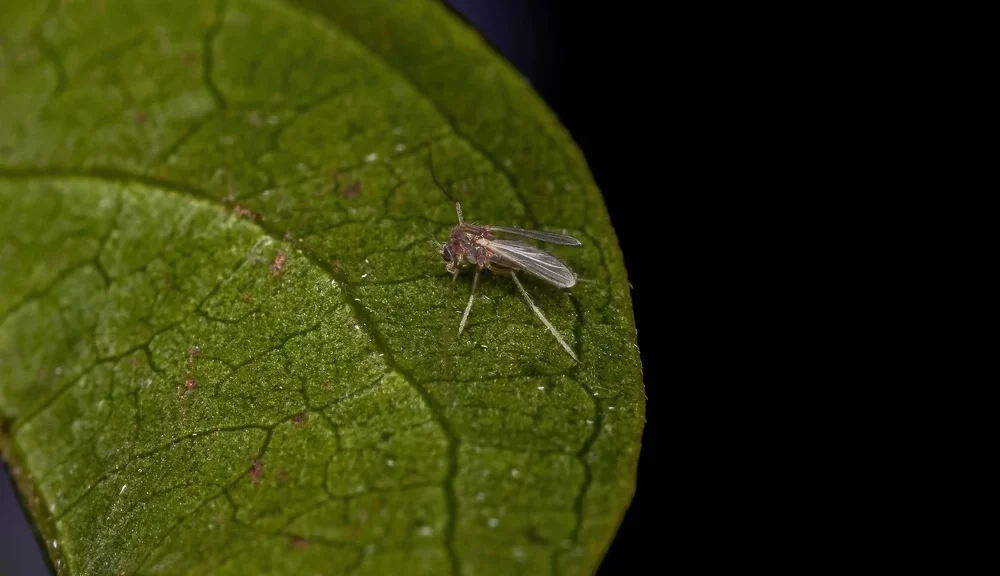When it comes to enjoying the great outdoors, few things can ruin the experience faster than pesky bugs. Enter citronellaa natural solution that many people turn to for relief. But what bugs does citronella repel? In this article, well uncover some remarkable insights about this natural insect deterrent that you're going to find utterly fascinating.

What is Citronella?
Citronella oil is derived from the leaves and stems of different species of lemongrass. It is popularly known for its fragrant citrus scent and is frequently used in candles, sprays, and oils. This natural oil is most recognized for its ability to repel insects, making it a favorite among those who wish to enjoy outdoor settings free from unwanted pests.
Originally, citronella has been in use for various purposes, including medicinal applications; however, its bug-repelling qualities have become a significant focus, especially in the recent popularity of natural pest control alternatives.

What Bugs Does Citronella Repel?
Now, lets dive into what bugs citronella can actually repel. Heres a breakdown:
1. Mosquitoes
This is perhaps the most well-known ability of citronella. Mosquitoes are not only a nuisance, but they can also carry diseases. Citronella's natural scent masks the attractants in humans like carbon dioxide and body odor that mosquitoes love. Studies have shown that when citronella candles are lit, there is a significant reduction in mosquito landings.
2. Flies
Another set of shocking bugs that citronella works against is flies. Fruit flies and houseflies can be inhibited by the aroma of citronella, making outdoor dining a more enjoyable experience. Incorporating citronella into your outdoor space can keep these uninviting guests at bay.
3. Gnats
Gnats can be incredibly irritating, especially when they swarm around your face. Citronella is known to repel these tiny nuisances, and using citronella-based products can serve as a deterrent.
4. Ticks
While not a complete solution for tick prevention, citronella's repelling properties can offer some level of protection against these disease-carrying pests. For a thorough understanding of tick control, consider reading the article on gnat prevention.

How Citronella Works
Understanding how citronella repels bugs comes down to the science of scent. Bugs have sensory receptors that can detect chemical signals in the air. When exposed to citronella, they tend to avoid the area because its scent masks the natural lures.
Research indicates that citronella does not kill bugsrather, it creates an environment that is unfavorable for them. Hence, while it might not eliminate an entire pest population, it certainly reduces their presence, allowing you to enjoy your outdoor experience.

Using Citronella Effectively
To maximize the effectiveness of citronella in repelling bugs, consider the following tips:
- Use citronella candles or torches around outdoor seating areas.
- Apply citronella oil on clothing or skin, for a more personal approach.
- Mix citronella with other essential oils such as eucalyptus or lemongrass for enhanced protection.
- Always follow instructions when using commercial products containing citronella.
Are There Any Risks?
While citronella is a natural alternative to chemical repellents, it is not without its drawbacks. Some people may experience skin irritations when using products containing citronella. Always do a patch test in a small area of skin before extensive use. Additionally, the efficacy of citronella diminishes over time, especially in windy conditions when its scent rapidly disperses.
Alternative Natural Insect Repellents
If citronella isn't enough to do the job, there are other natural alternatives to consider:
- Lemon Eucalyptus Oil: This oil has been shown in studies to be as effective as DEET in repelling mosquitoes.
- Lavender Oil: Effective against mosquitoes and other flying insects.
- Peppermint Oil: Works well against ants and spiders.
- Geranium Oil: Can help repel mosquitoes and other insects due to its strong scent.
For more information on the effectiveness of natural components in bug repelling, you might find this resource helpful: Natural Pest Controls.
Conclusion
In conclusion, citronella is a powerful and natural insect repellent that primarily works to keep mosquitoes, flies, gnats, and ticks at bay. As we seek more environmentally friendly solutions, understanding how to use these natural properties effectively can enhance our outdoor experiences. Whether through candles, oils, or sprays, integrating citronella into your outdoor plans can make an undeniable difference.
FAQs
1. How long does citronella last?
Citronella's effect typically lasts for about 30 to 60 minutes after application, depending on environmental conditions.
2. Can citronella be ingested?
While citronella is safe in small amounts for cooking, it is not recommended to consume concentrated citronella oil.
3. Are there any bugs that citronella does not repel?
While citronella is effective against many pests, it may not work against all insects, such as some types of ants and termites.
As an Amazon Associate, I earn from qualifying purchases.
